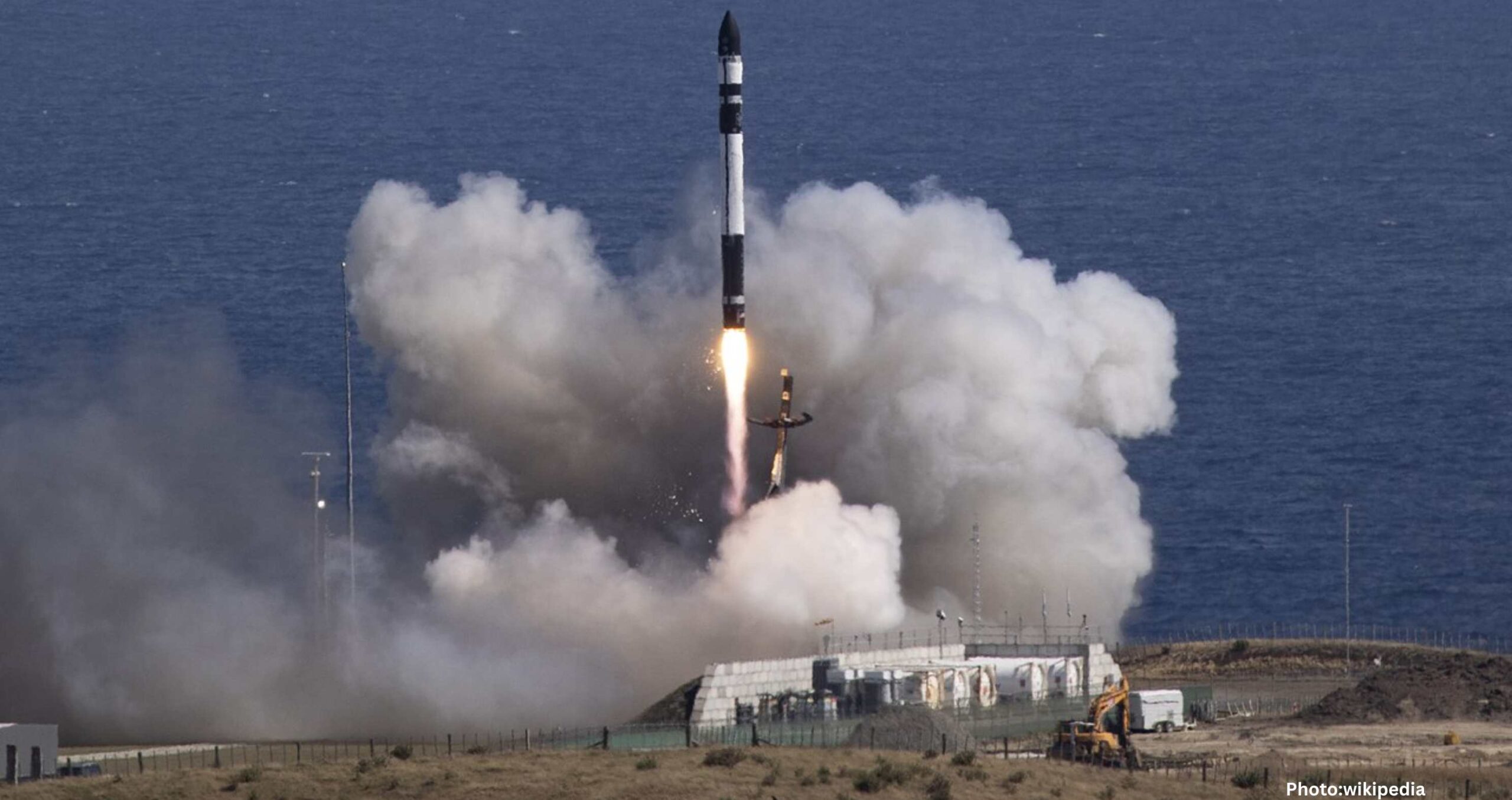Rocket Lab has delivered two explorer-class spacecraft to NASA for a mission aimed at studying Mars’ magnetosphere and atmospheric escape, marking a significant step in interplanetary exploration.
Rocket Lab has announced the successful delivery of two explorer-class spacecraft to the Kennedy Space Flight Center for NASA’s Escape and Plasma Acceleration and Dynamics Explorers (Escapade) mission. This initiative is a collaborative effort with the University of California, Berkeley’s Space Sciences Laboratory.
The Escapade mission is designed to investigate Mars’ magnetosphere and the processes involved in atmospheric escape. The twin spacecraft will orbit the planet, gathering real-time data on plasma and magnetic fields, which are crucial for understanding the Martian environment.
Rocket Lab has completed the design, construction, integration, and testing of the spacecraft, named Blue and Gold, within an accelerated timeline. The company attributes this success to its extensive experience in spacecraft manufacturing and a vertically integrated supply chain that allows for in-house production of critical components, including solar arrays, star trackers, propellant tanks, reaction wheels, and flight software.
The Blue and Gold spacecraft will embark on a 22-month journey to Mars, where they will enter complementary elliptical orbits to conduct their scientific investigations. This dual approach will enable the spacecraft to simultaneously collect data from two distinct regions of Mars’ magnetosphere, enhancing the mission’s overall effectiveness.
Peter Beck, CEO of Rocket Lab, emphasized the significance of the Escapade mission, stating, “Escapade is a perfect example of why Rocket Lab exists – to make ambitious space science faster and more affordable. Delivering two interplanetary spacecraft on schedule and within budget for a Mars mission is no small feat, and it speaks to the determination and agility of our team.”
Looking ahead, Beck noted that this mission is just the beginning for Rocket Lab in terms of Mars exploration. He mentioned concepts like the Mars Telecommunications Orbiter, indicating that the company is laying the groundwork for more complex and essential missions that will support future human exploration of the Red Planet.
In addition to the Escapade mission, Rocket Lab has expressed interest in assisting NASA with the return of samples collected by the Perseverance rover. Recently, NASA announced that a Martian surface sample from Perseverance contains mineral textures that may indicate a possible biosignature, suggesting the potential for ancient life on Mars.
Scientists believe that determining whether these features were created by extraterrestrial life will require analysis using advanced terrestrial equipment. Beck is optimistic about Rocket Lab’s capabilities in this area, stating, “As a planetary science geek … on my own personal quest to look for life on other planets, the recent Martian discovery is super exciting. We have all the right pieces in place for a Mars return mission, and it would be great if that program got a new lease of life.”
This mission represents a significant advancement in our understanding of Mars and the potential for life beyond Earth, showcasing Rocket Lab’s commitment to pushing the boundaries of space exploration.
Source: Original article

